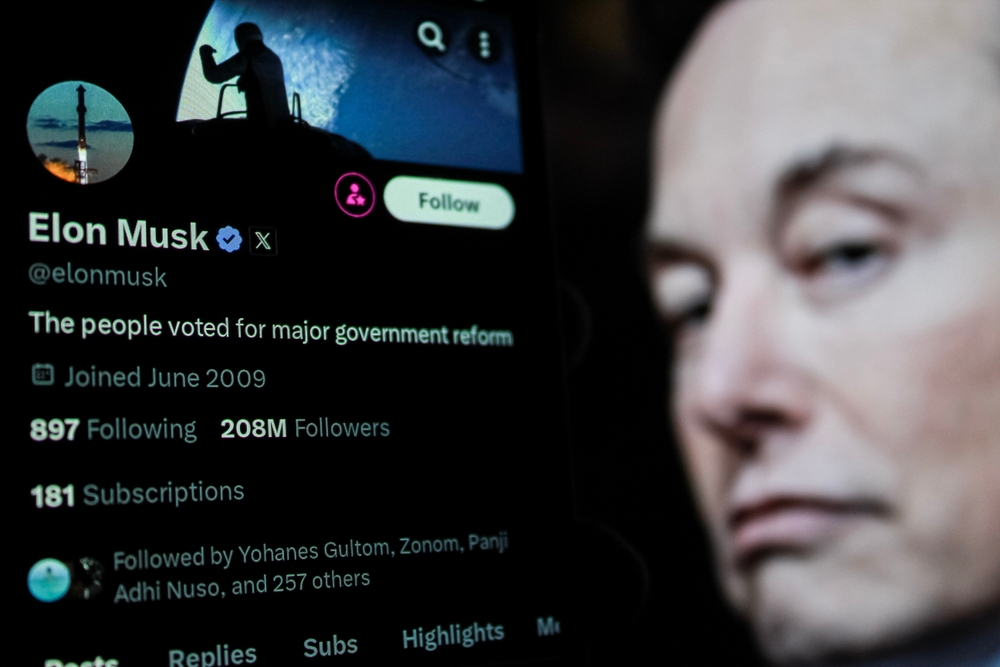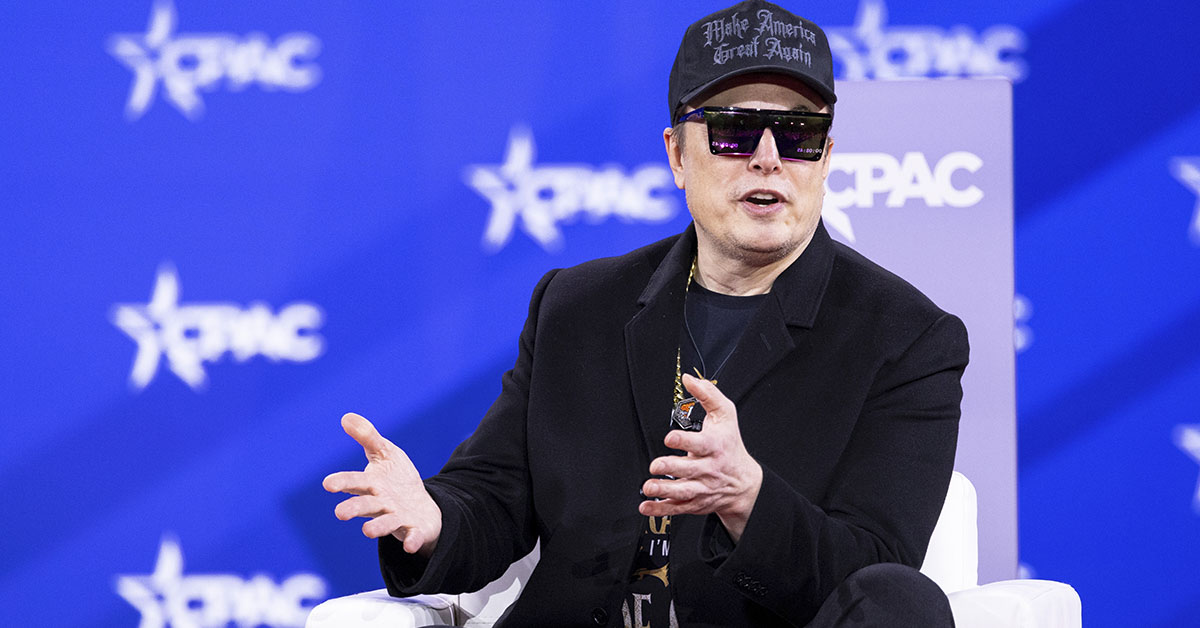Elon Musk, the outspoken tech billionaire behind Tesla, SpaceX, and X, has stirred controversy yet again. But this time, the reaction carries an unexpected legal twist. After slamming former President Donald Trump online, Musk now faces an aggressive backlash from Trump’s political allies. Most notably, Steve Bannon, Trump’s former chief strategist, has called for the U.S. government to deport Elon Musk.
Bannon accused Musk of lying on his immigration documents and argued that his citizenship should be revoked. While legal experts largely dismiss the claim, it sparked a nationwide debate about the role of political power, immigration law, and whether citizenship can be politicized.
This feud goes far beyond personal insults. It touches on the core of what it means to belong in America, and whether dissent against powerful figures can put even a citizen’s status at risk.
Musk’s Criticism of Trump Sparks a Firestorm
The drama started with a series of bold posts on X, where Musk criticized Donald Trump’s age, judgment, and temperament. Musk referred to Trump as an “unhinged baby” and questioned whether someone of his age could handle the demands of the presidency.
Trump did not hold back. He mocked Musk, calling him a “weirdo” and attacking his past reliance on government subsidies to build his empire. The exchange quickly gained traction on social media and conservative media outlets.
Then Steve Bannon stepped in and escalated the situation. During an episode of his podcast War Room, Bannon accused Musk of lying during his visa and citizenship application process. He pointed to Musk’s admitted use of ketamine and psychedelics as evidence.
Bannon claimed that failing to disclose drug use amounts to fraud. He argued this should lead to the revocation of Musk’s citizenship. He declared publicly that the United States should begin proceedings to remove him from the country. These remarks fueled widespread calls to deport Elon Musk from pro-Trump circles.
Bannon’s Allegations and the Legal Questions They Raise
Bannon didn’t provide documents to support his claims, but he insisted that Musk broke immigration laws. He said Musk lied about his drug use and violated the honesty requirements for obtaining a green card and, later, U.S. citizenship.
However, immigration law experts caution against taking such claims at face value. The government must meet a high legal threshold to strip someone of citizenship. Officials would need to prove that Musk deliberately misrepresented facts that were material to his immigration approval.
In most cases, past recreational drug use, especially if not asked about directly, doesn’t qualify as fraud. Musk has publicly spoken about using ketamine for depression, but these admissions came well after his naturalization.
To move forward with any attempt to revoke citizenship, the Department of Homeland Security or the Department of Justice would need to open an investigation. They would have to uncover evidence of intentional deceit, not just controversial behavior. Right now, no such investigation exists.
This makes actual efforts to remove Elon Musk from the U.S. very unlikely, no matter how loud the political noise becomes.
Read More: Trump Proposes Major Offer, Trying to Entice Canada to Become 51st State
Calls to Deport Elon Musk Clash with Citizenship Law
Revoking citizenship is extremely rare in the United States. Once someone becomes a naturalized citizen, they receive the same rights and protections as those born on U.S. soil. The government must follow strict legal procedures to undo that status.
The Immigration and Nationality Act allows for denaturalization in only a few cases. Most involve proven fraud, war crimes, or serious criminal activity tied to the naturalization process itself.
Even if Musk did fail to mention past drug use, the government would need to show that this omission was intentional and relevant. Without that link, the case would fall apart in court.
Additionally, all denaturalization cases must go through a federal judge. The person targeted gets the chance to defend themselves in full. This legal safeguard prevents politically motivated attempts to strip people of their citizenship.
So despite Bannon’s demand to deport Elon Musk, it remains a remote possibility, legally speaking.
Musk’s Immigration Controversy Exposes Political Fractures
The conflict between Musk and Trump’s allies reflects a deeper split in conservative circles. For years, Musk stood as a darling of the right. Many praised his attacks on “woke culture,” his opposition to government regulation, and his free-speech rhetoric after buying Twitter and rebranding it as X.
But Musk’s recent criticism of Trump triggered backlash from the very people who once applauded him. Bannon’s accusations represent a broader pattern in American politics, where criticism of a key figure can lead to public exile.
Musk’s shift from conservative favorite to political target shows how fast alliances can change. Once he questioned Trump’s fitness for office, supporters turned into accusers. The Musk immigration controversy is just the latest episode in an ongoing political drama where loyalty often outweighs principles.
This feud isn’t just personal. It reveals how some political figures view citizenship not as a legal right, but as a privilege that can be revoked based on allegiance.
Social Media Divides and Public Reaction
The internet responded swiftly. Some Trump supporters praised Bannon’s stance, echoing calls to reopen Musk’s immigration file. They claimed Musk betrayed the movement and should face consequences.
Others pushed back just as strongly. Critics argued that the deportation of Elon Musk would set a dangerous precedent. They warned that using immigration law as a weapon against political opponents could dampen free speech and threaten democracy.
Musk himself hasn’t directly commented on Bannon’s deportation demand. Still, he continues posting his opinions on X and engaging his massive audience. Supporters defend him as a free thinker and say he should not be punished for disagreeing with a politician.
Across social media, the conversation has become more than just a spat between two powerful men. It reflects the country’s deep polarization and growing intolerance for dissent, even among elites.

Elon Musk’s Residency Under Threat Raises Free Speech Questions
Citizenship, once granted, is meant to be permanent. It carries legal protections that shield individuals from political retaliation. Yet, recent events suggest that even this foundation may be shakier than it seems.
While Elon Musk’s residency is under threat is improbable from a legal standpoint, the fact that public figures now openly suggest it reveals something troubling. If Musk can be targeted for his speech, who’s next?
Bannon’s demand may not lead to court, but it adds fuel to a dangerous idea: that political disagreement should come with legal punishment. That mindset could weaken public trust in fair governance.
In this context, Musk’s case becomes more than a legal issue. It becomes a warning about where political warfare might lead, and who could become its next casualty.
Political Theater with Real Consequences
Steve Bannon’s push to deport Elon Musk may seem like political theater, but it still carries real weight. It exposes how fragile political alliances can be and how quickly they can turn into personal attacks. It also shows how immigration history can be used as a tool in political retaliation, even decades later.
Musk is likely safe from legal removal. There’s no public evidence of fraud, and legal experts agree the government would struggle to meet the requirements for revocation. But the fact that this conversation is even happening is a sign of the times.
In today’s America, citizenship isn’t just about paperwork; it’s about power. And when power is challenged, even naturalized citizens like Musk can find their place questioned.
For now, Elon Musk remains an American citizen. But the loud voices calling for his removal won’t go silent anytime soon. The battle lines are drawn, and the political cost of speaking out has never felt higher.
Read More: ‘I Can’t Stay Quiet’: Pope Leo XIV’s Brother Joins Critique of Trump’s Policies

